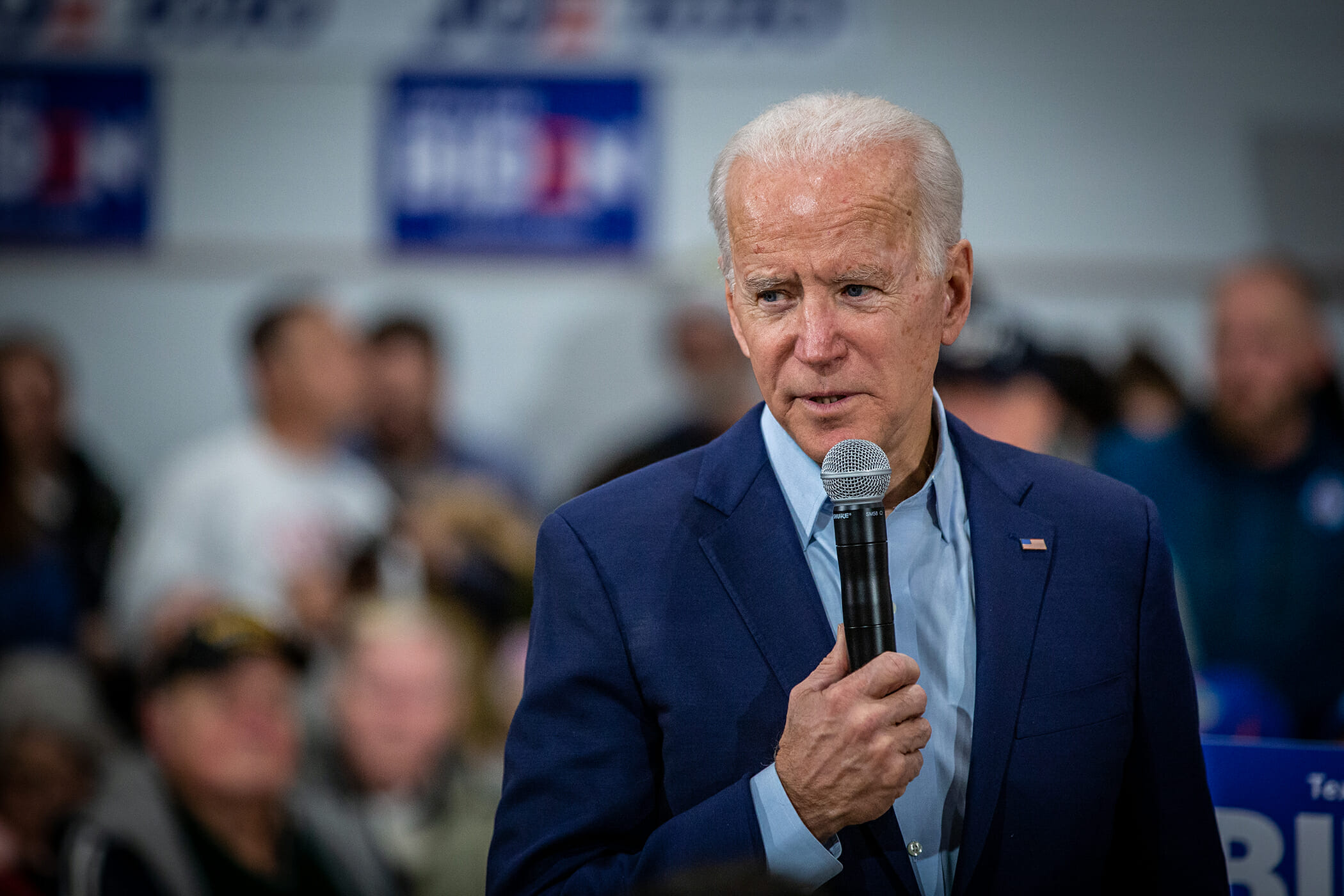Former Vice President Joe Biden campaign trail. (Courtesy/ Phil Roeder, Flickr)
Last Monday’s election night failure in Iowa was a colossal embarrassment for the Democratic National Committee.
Two candidates, former Mayor Pete Buttigieg and Senator Bernie Sanders, declared victory amid uncertainty. While they both are taking a victory lap in New Hampshire, neither can make a legitimate claim to a win in Iowa.
Instead of five hours, the Iowa Democratic Committee took five days to report all precincts. This was partly due to the media demanding quick results that can lead to imprecise reporting. The result of media pressure was an underdeveloped app as an alternative to the paper ballots–an app that crashed early into election night.
Although Troy Price, the Iowa Democratic Party Chair, reassured the public that his “number one priority has been on ensuring the accuracy and integrity of the results,” The New York Times reported that the results were “riddled with inconsistencies and other flaws.”
The Iowa caucuses are a tradition 174 years old, but they must be abandoned for three glaring reasons:
They are outdated.
The Iowa caucuses were a product of a mid-nineteenth-century generation. They reflected our nation’s early obstacles to mass participation in elections.
Caucus participants were typically the community’s male, power elite in any given town. Instead of a popular vote, the caucus provided a way for the educated and influential members of society to sway public opinion and protect their interests.
Historically, most states held pre-convention caucuses as opposed to primaries. Only 17 states held presidential primaries in 1968. Today, only 5 states and 3 U.S. territories hold caucuses.
We must adjust our electoral process to expand the franchise, not restrict it.
Caucuses are inherently elitist.
Caucuses occur at the beginning of the work week, making it difficult for a majority of working voters to participate, whether they work day jobs or night shifts. Many cannot afford to miss work for a 3+ hour caucus, if they are working pay-check-to-pay-check.
Additionally, they might not afford the childcare needed to attend the caucuses, so many are left with no other option than to stay home.
Americans with disabilities could have difficulty getting transported to the caucuses and could be discouraged by the strenuous process.
For too long, caucus-goers in Iowa have been overwhelmingly represented by the older white elite. It is time to implement a more voter-friendly system, one as simple as pulling a lever. One person, one vote.
Why should one state sway the nomination’s outcome?
Somewhat unexpectedly, the Iowa caucus provided momentum for both the Buttigieg and Sanders’s campaigns. One would not have predicted such a surge in polling after the Iowa catastrophe, for the results are yet to be 100% confirmed.
For the other candidates, especially as Vice President Joe Biden admits, Iowa was a “gut punch” to their campaigns. In a national poll from Democratic voters, Biden dropped nine points to 17% after his dodgy fourth-place finish. Warren did not face as poor of a trajectory, losing just one point. Buttigieg and Sanders both received a four-point bump.
On the other hand, if South Carolina had been the first state, Biden would have likely claimed an easy victory with 34.2% of polling (as date February 3, the same day of the Iowa caucus), 17.5 points above a trailing Sanders.
A first win for Biden would have supported his electability argument. Instead, his abysmal finish in Iowa and likely loss in New Hampshire are crumbling both his “firewall” in South Carolina and frontrunner pedestal.
Biden has dropped 3.4 points in his trophy state, while billionaires Tom Steyer and former Mayor Mike Bloomberg have seized on his vulnerability, flooding in cash for television and social media advertisements. Steyer has spent $106 million on ads, while Bloomberg has bought his share with a record $211 million.
A start in South Carolina, however, would be just as unfair. A multitude of states must vote on the same day.
Iowa may only be considered a microcosm for the national electorate because it heavily influences other state picks. With that considered, it is shameful that a state that is 90% white has such a determining impact on our elections.
The order of states also guides campaign issues. No one in Iowa or New Hampshire, predominantly white-states, is talking about mass incarceration, police brutality, or reparations.
The demographic that indicates candidate popularity must be representative of our nation’s ethnic, religious, cultural, and socioeconomic diversity. Otherwise, we perpetuate an un-American status quo.








